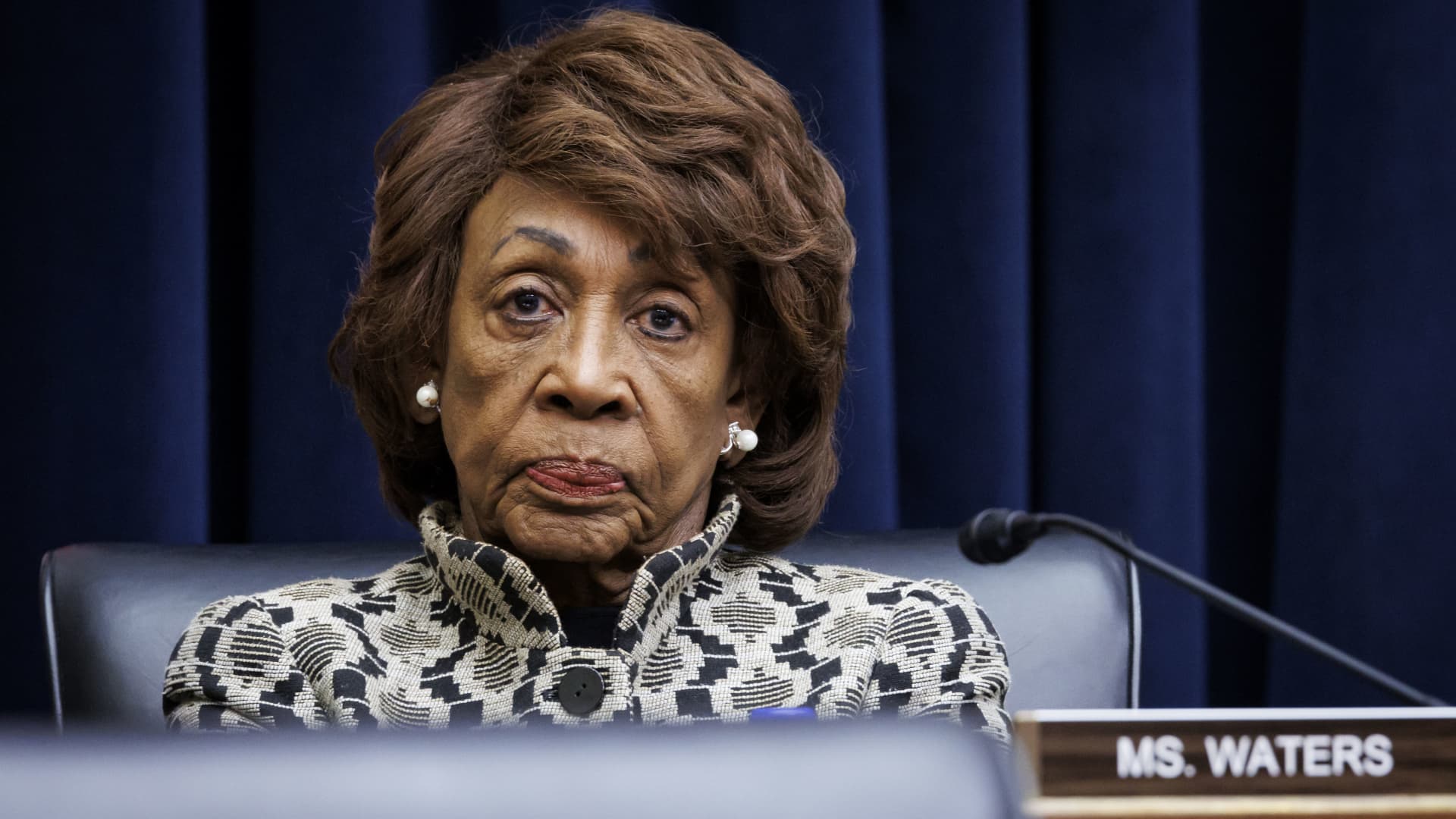House Democrats are set to unveil a series of reform bills in response to recent bank failures that have caused significant turmoil in the sector since 2008. Led by Rep. Maxine Waters, Democrats on the House Financial Services Committee are seeking to expand federal regulatory authorities and enhance oversight for bank executives. This includes implementing clawbacks on compensation, imposing fines, and closing loopholes that allowed certain banks to evade the standards established under the 2010 Dodd-Frank Act.
The committee has closely examined the actions of the Treasury Department, the Federal Deposit Insurance Corporation (FDIC), and other federal regulators, as well as the executives of Silicon Valley Bank and Signature Bank leading up to and following the collapse of these banks.
Waters is urging committee Republicans to collaborate with Democrats, following the example set by the Senate Banking Committee, in order to advance bipartisan legislation aimed at safeguarding the economy from future harm. She emphasizes the necessity of legislation to strengthen the safety and soundness of the banking system, as well as enhance bank executive accountability.
The reform bills to be considered include:
1. Failed Bank Executives Accountability and Consequences Act: This bill, cosponsored by Waters and various Democratic representatives, seeks to expand regulatory authority on compensation clawbacks, fines, and banning executives involved in a bank’s failure from future work in the industry. President Joe Biden has also called for these actions.
2. Incentivizing Safe and Sound Banking Act: This measure aims to broaden regulators’ authority to prohibit stock sales by executives when banks receive cease-and-desist orders for legal violations. It also automatically restricts stock sales by senior executives of banks that receive poor examination ratings or fail to comply with supervisory citations.
3. Closing the Enhanced Prudential Standards Loophole Act: This bill aims to close loopholes regarding enhanced prudential standards established by the Dodd-Frank Act for banks without a bank holding company. It ensures that large banks with size, complexity, and risk similar to those with holding companies will be subject to similar requirements.
4. H.R. 4204, Shielding Community Banks from Systemic Risk Assessments Act: This measure permanently exempts banks with less than $5 billion in total assets from special assessments collected by the FDIC during systemic risk exceptions. It allows the FDIC to set a higher threshold while minimizing the impact on banks with assets between $5 billion and $50 billion.
5. H.R. 4062, Chief Risk Officer Enforcement and Accountability Act: This bill mandates that large banks appoint a chief risk officer and notify regulators of any vacancies. Failure to fill the position within 60 days requires public notification and imposes an automatic cap on asset growth until the vacancy is filled.
6. H.R. 3914, Failing Bank Acquisition Fairness Act: This bill ensures that failed banks are not exclusively acquired by megabanks, providing smaller banks with the opportunity to make bids when the least-cost test is not met.
7. H.R. 3992, Effective Bank Regulation Act: This legislation requires regulators to expand stress testing requirements, including situations with rising or falling interest rates.
8. H.R. 4116, Systemic Risk Authority Transparency Act: This bill aims to increase transparency by requiring regulators and the Government Accountability Office (GAO) to produce post-failure reports similar to those created after Silicon Valley Bank’s and Signature Bank’s failures.
9. H.R. 4200, Fostering Accountability in Remuneration Fund Act of 2023 (FAIR Fund Act): This legislation mandates that major financial institutions cover fines and executive conduct through a deferred compensation pool funded by a portion of senior executive compensation.
10. Stopping Bonuses for Unsafe and Unsound Banking Act: This measure freezes bonuses for executives of large banks that fail to submit an acceptable remediation plan following regulatory citations.
11. Bank Safety Act: This bill prevents large banks from opting out of the requirement to recognize Accumulated Other Comprehensive Income (AOCI) in regulatory capital.
These reform bills aim to address the shortcomings in the banking sector and prevent future crises. By enhancing regulatory oversight and holding bank executives accountable, Democrats hope to strengthen the safety and soundness of the banking system.
Denial of responsibility! VigourTimes is an automatic aggregator of Global media. In each content, the hyperlink to the primary source is specified. All trademarks belong to their rightful owners, and all materials to their authors. For any complaint, please reach us at – [email protected]. We will take necessary action within 24 hours.


